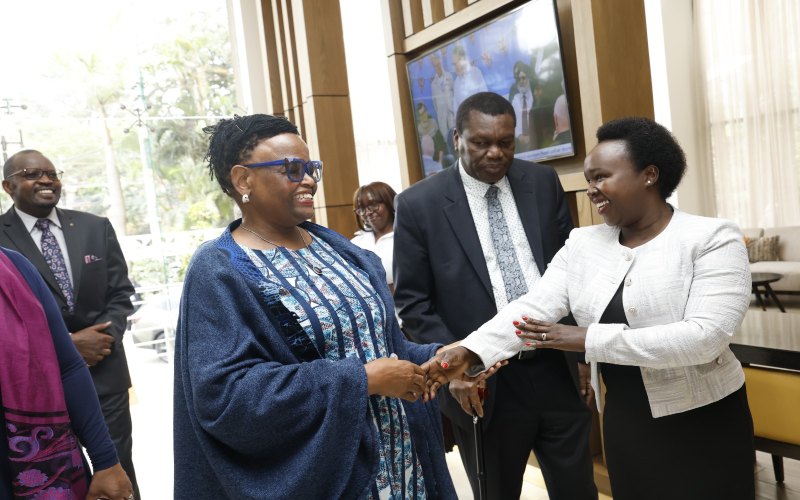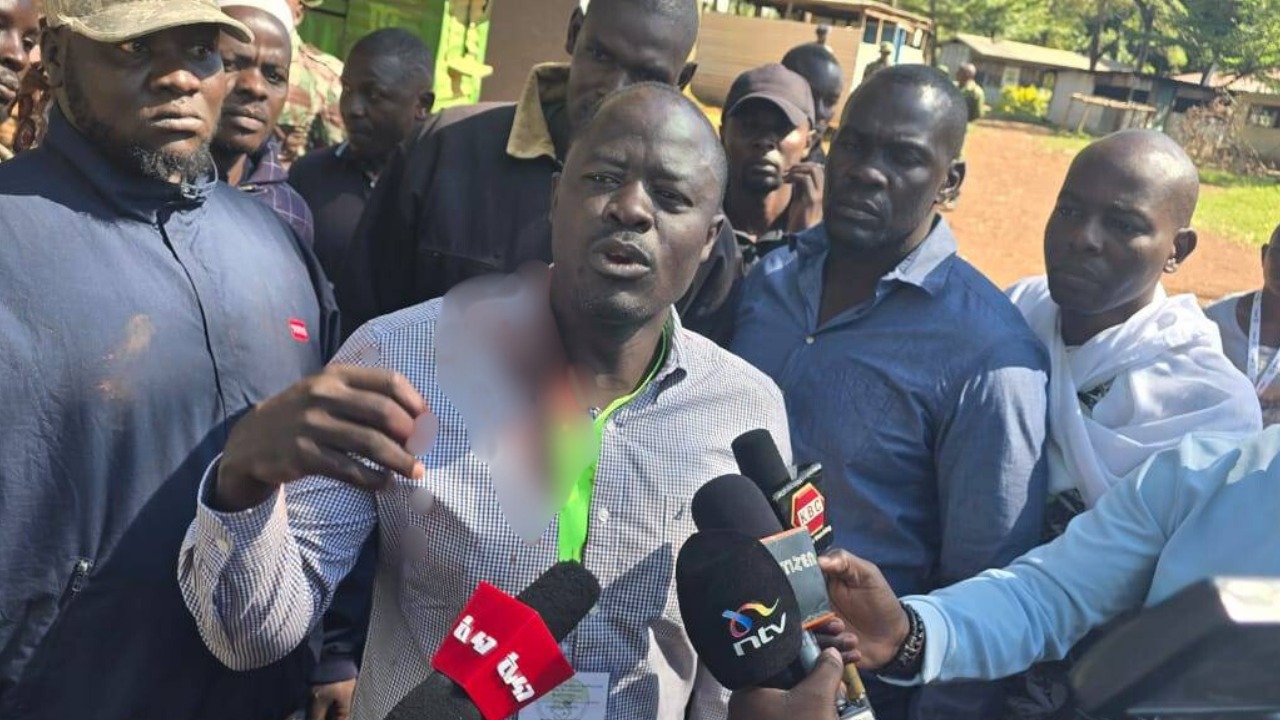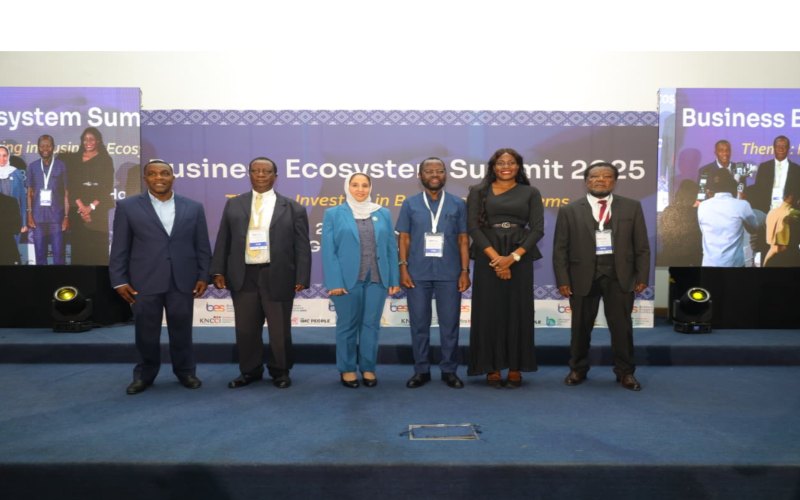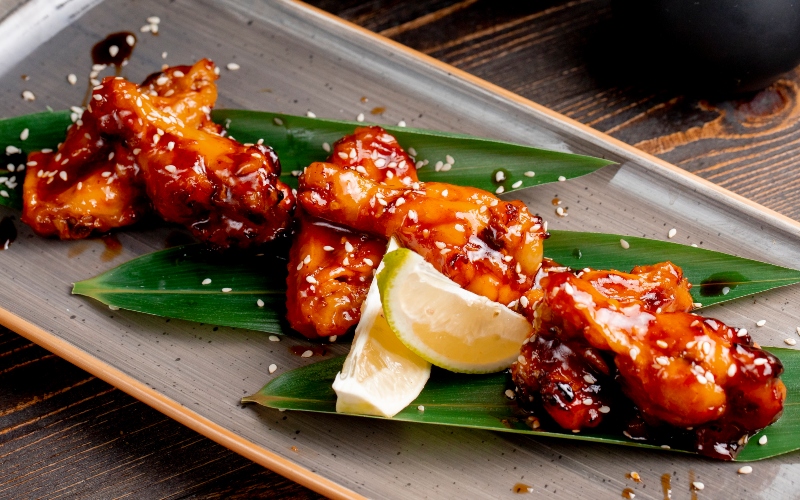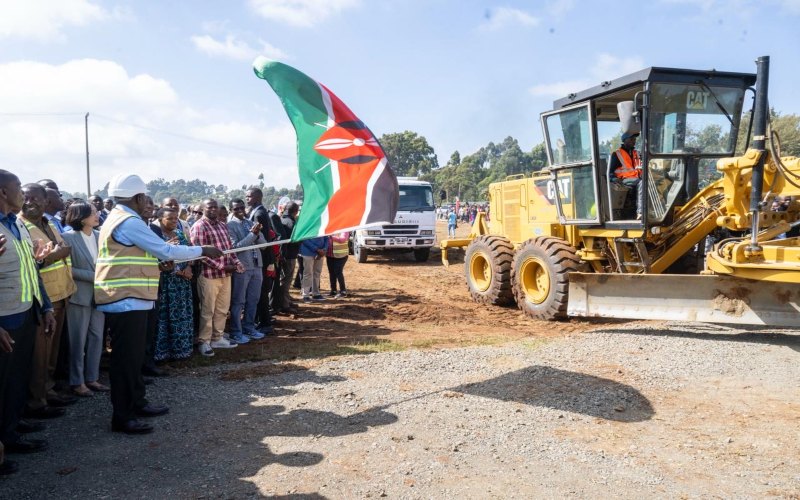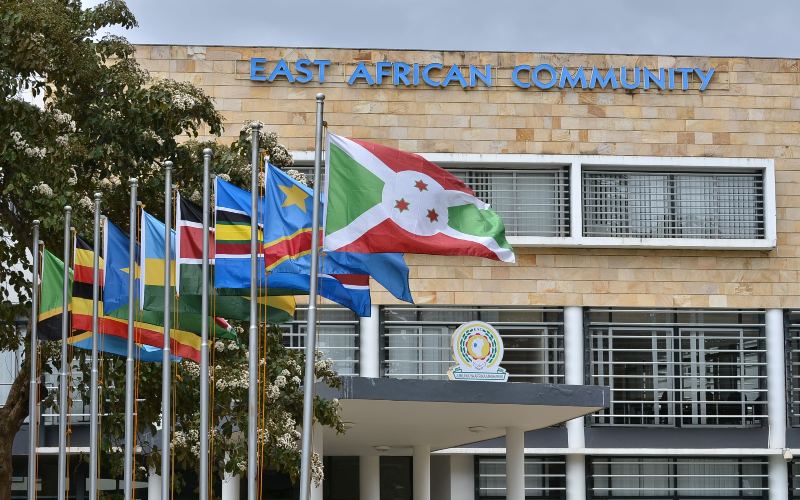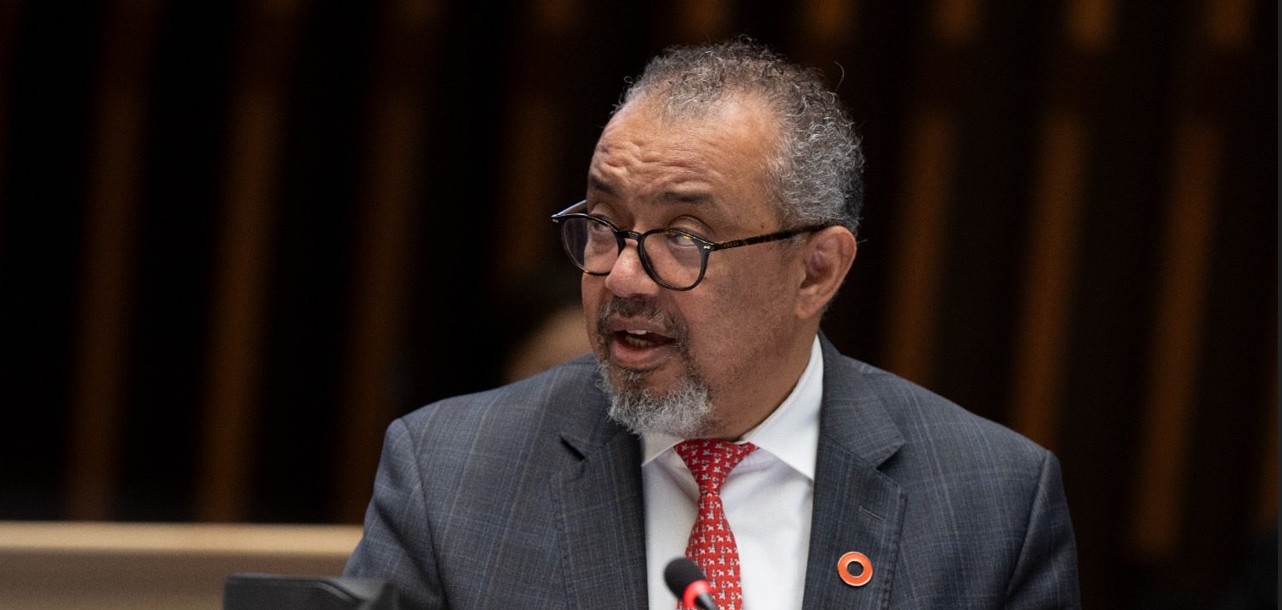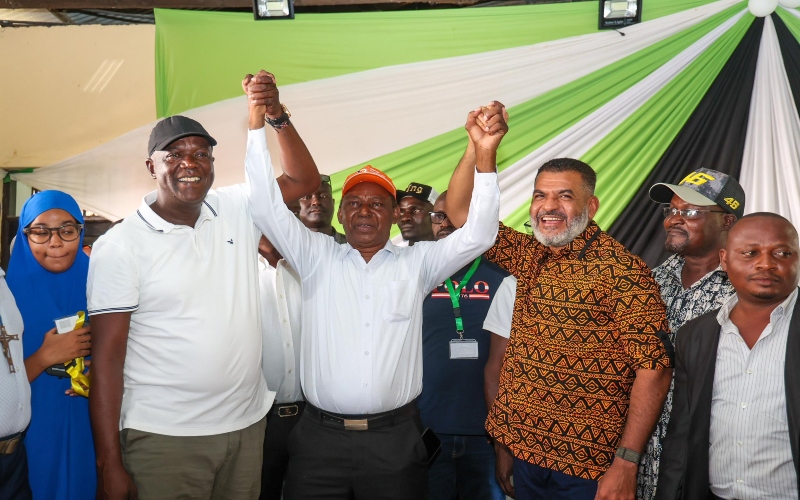ECOWAS suspends Guinea-Bissau after post-election coup
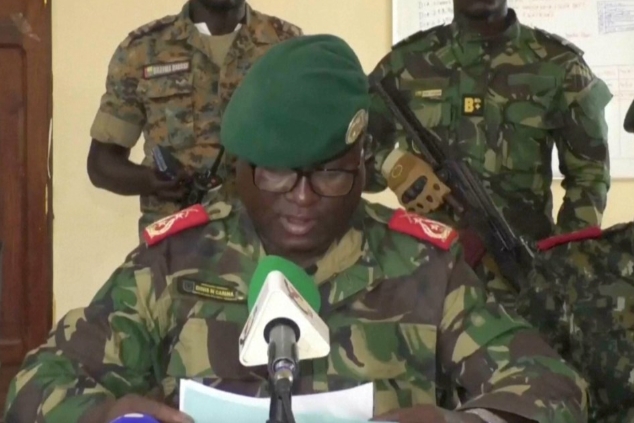
The bloc instructed its stabilisation mission in Guinea-Bissau (ESSMGB) to continue protecting state institutions, and ordered the country's armed forces to "return to barracks".
West Africa's political bloc has moved swiftly against Guinea-Bissau, suspending the country from all ECOWAS decision-making bodies after armed forces detained President Umaro Sissoco Embaló and seized power three days after a disputed election.
In a sharply worded communiqué issued after an emergency virtual summit on Thursday, leaders said they were "deeply concerned" about the political crisis unfolding in Bissau, warning that it comes at a moment when citizens had "demonstrated resilience and commitment to democracy" by turning out for the November 23 polls.
More To Read
- Guinea-Bissau: Who is toppling whom, how and why?
- Karua accuses AU of double standards over Guinea-Bissau coup, Tanzania election crisis
- Guinea-Bissau military appoints Gen Horta N’Ta as transitional leader after coup
- African Union, ECOWAS condemn Guinea-Bissau coup, demand release of detained leaders
- Africa’s agricultural exports are losing ground: Four key interventions that could lift sector again
- Guinea-Bissau military seizes power, suspends elections after disputed vote
ECOWAS "condemns in the strongest terms the coup d'état" of November 26 and demanded the "unconditional restoration of constitutional order without delay", rejecting any attempt to legitimise a military takeover or "abortion of the democratic process".
The statement called on coup leaders to allow the national electoral commission to announce the presidential results "without delay".
It also demanded the "immediate and unconditional release" of Embaló, detained electoral officials and other political leaders.
ECOWAS also invoked its 2001 Protocol on Democracy and Good Governance and suspended Guinea-Bissau from all its bodies until civilian authority is reinstated.
It also warned that it "reserves the right to use all options," including sanctions under its 2012 supplementary act.
A high-level mediation team, comprising the presidents of Togo, Cabo Verde and Senegal, has been mandated to engage the junta directly, accompanied by the president of the ECOWAS Commission.
The bloc also instructed its stabilisation mission in Guinea-Bissau (ESSMGB) to continue protecting state institutions, and ordered the country's armed forces to "return to barracks".
A familiar pattern
The coup marks yet another institutional breakdown in Guinea-Bissau, a country that has endured repeated military interventions since independence and where political coalitions rarely survive more than a few years.
Embalo himself survived an attempted overthrow in 2022.
This latest upheaval also underscores the limits of ECOWAS's coup-prevention doctrine. Since 2020, the bloc has contended with putsches in Mali, Guinea, Burkina Faso and Niger - all of which remain under military rule.
But unlike those Sahelian coups, Guinea-Bissau's crisis emerges from a contested election rather than a rebellion against civilian leadership, placing ECOWAS under pressure to assert credibility as the region's democratic watchdog
Top Stories Today
